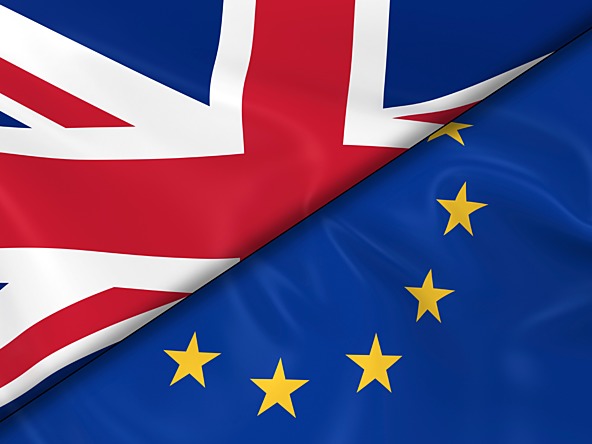Experimental polling approach suggests referendum result still ‘on a knife edge’

The survey was conducted as a test of a new polling approach, recommended by the inquiry into the performance of the opinion polls in last year’s general election. It was conducted primarily over the internet, but respondents were selected for interview at random rather than from among those who had volunteered to participate. Those who failed to respond initially were followed up by phone – interviewing took place over a four week period, with multiple attempts to contact hard-to-reach respondents.
The results suggested a marginal win for Remain, with 53% to Leave’s 47%. The estimate lies between the average level of support for the two sides generated by internet and phone polls. A vote of 50% each lies within the survey’s statistical margin of error, so a majority for Leave cannot be ruled out.
“Our survey provides valuable insight into how to interpret the divergent results that have been produced by internet and phone polls throughout the referendum campaign," said Prof John Curtice, NatCen senior research fellow. "It strongly suggests that the truth may well lie in between the two. This implies that, in the final days before the vote, it may well be reasonable to split the difference between the online and phone polls.
"However, it is important to remember that the outcome looks so close that any lead should be treated with caution.”

We hope you enjoyed this article.
Research Live is published by MRS.
The Market Research Society (MRS) exists to promote and protect the research sector, showcasing how research delivers impact for businesses and government.
Members of MRS enjoy many benefits including tailoured policy guidance, discounts on training and conferences, and access to member-only content.
For example, there's an archive of winning case studies from over a decade of MRS Awards.
Find out more about the benefits of joining MRS here.














0 Comments